Revolutionizing Aviation with Advanced Fuel Injection Systems Enhancing Efficiency and Performance
The aviation industry is undergoing a transformative phase, with advanced fuel injection systems playing a pivotal role in enhancing efficiency and performance. According to a report by the International Air Transport Association (IATA), fuel costs comprise approximately 25% of an airline's operating expenses, underscoring the critical need for innovations in fuel management. A study published in the Journal of Aircraft highlights that modern fuel injection systems can improve fuel efficiency by up to 15%, significantly reducing carbon emissions while optimizing engine performance. By implementing state-of-the-art fuel injection system aviation technologies, operators can not only achieve economic advantages but also contribute to sustainability goals within the sector. As the industry strives towards a greener future, the integration of advanced fuel injection systems is essential for meeting the rising demands for efficiency and performance in aircraft operations.
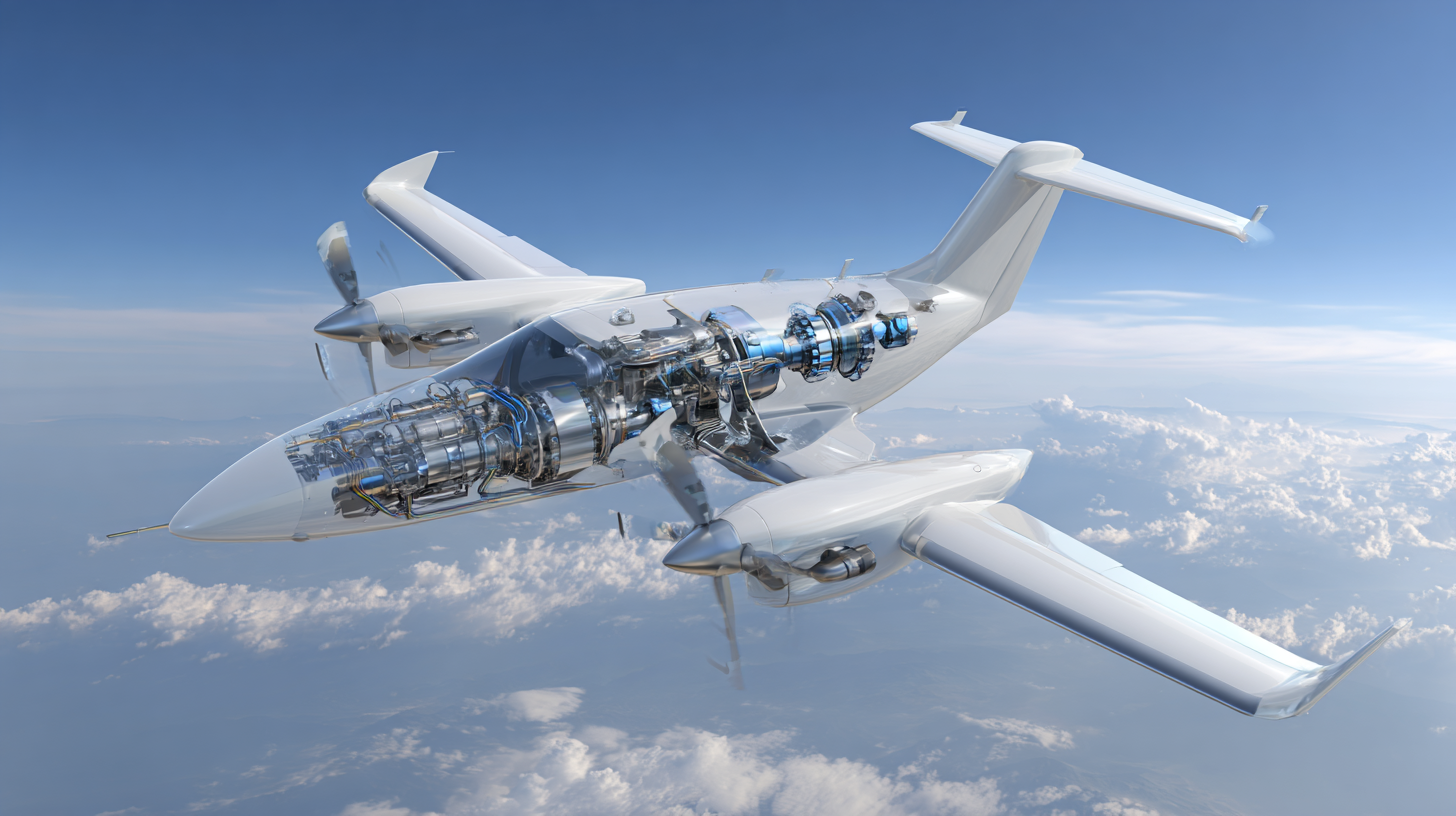
Understanding the Basics of Fuel Injection Systems in Aviation
Fuel injection systems play a crucial role in modern aviation, ensuring that aircraft engines operate efficiently and effectively. At the core of these systems is the ability to deliver precise amounts of fuel directly into the combustion chamber, optimizing combustion and maximizing performance. This process not only enhances the power output of the engine but also significantly reduces fuel consumption. The advancement in technology has led to sophisticated fuel injection methods, including electronic and manifold injection, which offer improved control over the fuel-air mixture, ultimately leading to better engine responsiveness and reduced emissions.
Understanding the basics of fuel injection systems can greatly benefit aviation professionals and enthusiasts alike. These systems typically consist of components such as fuel pumps, injectors, and sensors that work in collaboration to maintain the optimal fuel flow. The integration of electronic control units (ECUs) allows for real-time adjustments based on engine conditions, improving overall operational efficiency. By grasping how these systems function, stakeholders in the aviation industry can appreciate the innovations that drive enhancements in both performance and sustainability, paving the way for the future of flight.
Key Innovations in Advanced Fuel Injection Technology
The aviation industry is witnessing a transformative shift with the introduction of advanced fuel injection systems, which are significantly enhancing efficiency and performance. Key innovations in fuel injection technology are at the forefront of this revolution. For instance, the incorporation of electronic fuel injection (EFI) systems allows precise control of the fuel-air mixture, improving combustion efficiency. According to a report published by the International Journal of Aviation, the use of EFI has contributed to an estimated 15% increase in fuel economy for modern aircraft.
Furthermore, advanced systems such as high-pressure direct injection (HPDI) are making headway. HPDI technology enables optimized combustion even at varying altitudes and temperatures, which is crucial given the diverse operating conditions of aircraft. Reports indicate that aircraft utilizing HPDI systems can achieve reductions in emissions by up to 30%, significantly aiding the industry's push towards greener aviation solutions. These innovations not only promise to enhance the performance of aircraft but also play a critical role in meeting global sustainability targets.
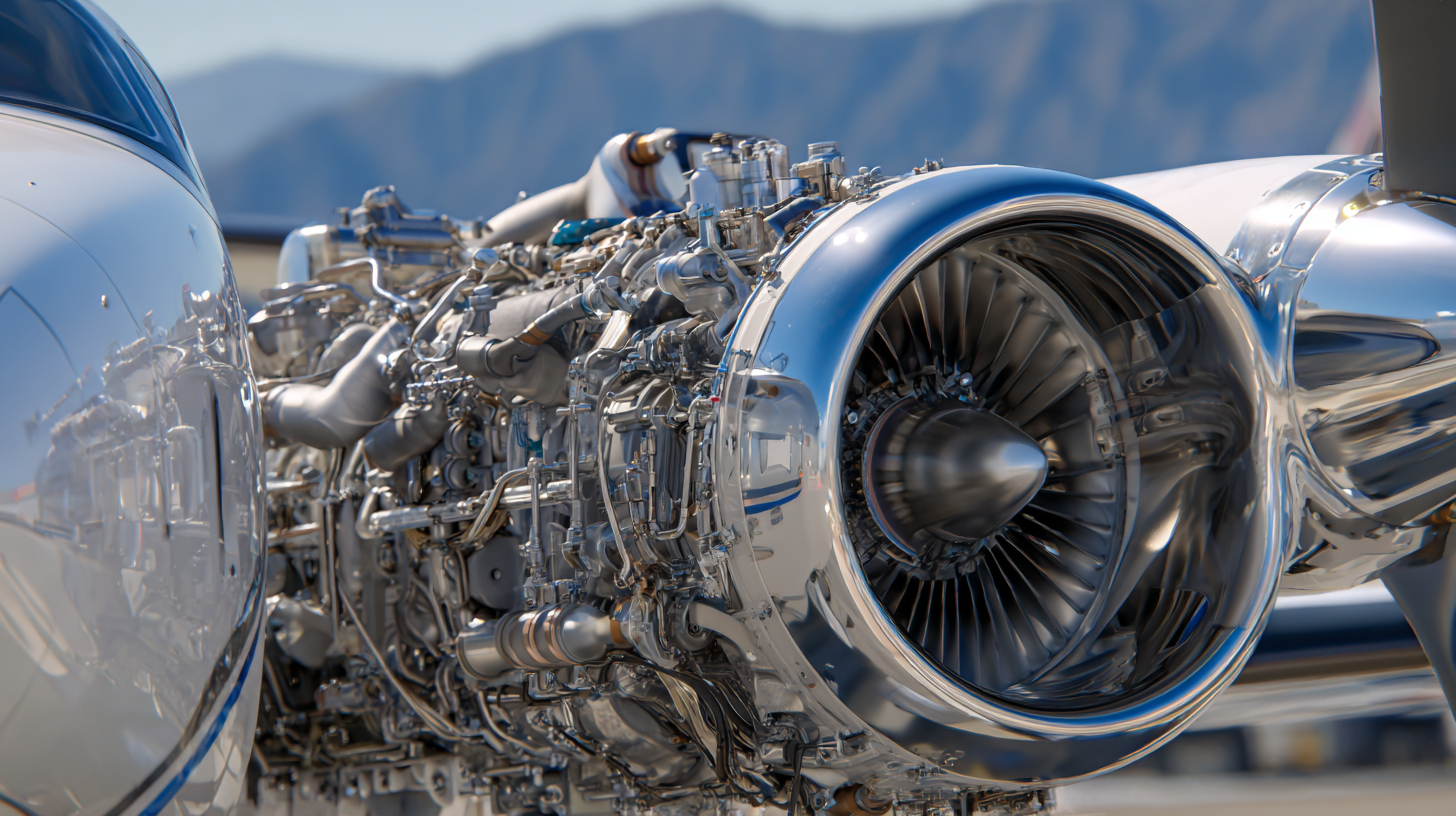
Impact of Enhanced Efficiency on Aviation Performance
The aviation industry is undergoing a remarkable transformation with the advent of advanced fuel injection systems, significantly enhancing efficiency and performance. The implementation of these systems allows for better fuel atomization and precise control over fuel delivery, leading to improved combustion processes. As a result, aircraft engines can operate more efficiently, optimizing fuel usage and reducing emissions. This technological advancement not only benefits environmental sustainability but also translates into substantial cost savings for airlines.
Enhanced efficiency directly impacts aviation performance in various ways. With reduced fuel consumption, aircraft can achieve longer ranges and increased payload capacities, allowing for more flexible and economical flight operations. Furthermore, improved engine performance translates to enhanced reliability and reduced maintenance costs, offering airlines an additional edge in competitive markets. Ultimately, as the industry embraces these innovations, we can expect to see a shift towards more sustainable practices, while simultaneously improving the overall performance and safety of air travel.
Environmental Benefits of Modern Fuel Injection Systems
Modern fuel injection systems are transforming the aviation industry not only by improving aircraft efficiency and performance but also by delivering significant environmental benefits. According to a report by the International Air Transport Association (IATA), advancements in fuel injection technology have led to a 30% reduction in fuel consumption over the past two decades. This translates to decreased carbon emissions, helping airlines meet stringent regulations and reducing their overall environmental impact.
Additionally, the latest systems, like direct fuel injection, enhance combustion efficiency which minimizes the release of harmful pollutants, including nitrogen oxides (NOx). The European Aviation Safety Agency (EASA) has indicated that these improvements could lead to a potential reduction of 40% in NOx emissions from aircraft, significantly benefiting air quality around airports and urban areas.
Tip: Investing in modern fuel injection technology not only boosts your aircraft's performance but can also lead to long-term cost savings through more efficient fuel consumption and reduced maintenance needs.
Furthermore, innovations such as adaptive fuel management systems are allowing for real-time adjustments based on various flight conditions. This capability not only optimizes performance but also contributes to greener aviation practices by ensuring that fuel is used as efficiently as possible throughout the flight, thus decreasing the carbon footprint and promoting sustainability within the industry.
Tip: Regularly maintaining and upgrading your fuel injection system can ensure that you always benefit from the latest technological advancements, leading to enhanced operational efficiency and reduced environmental impact.
Future Trends in Aviation Fuel Injection Development
The future of aviation fuel injection development is poised for significant advancements, with a strong emphasis on enhancing efficiency and performance. As regulatory pressures mount and environmental concerns take center stage, engineers are innovating fuel injection systems that not only comply with stricter emissions standards but also optimize fuel consumption. These innovations incorporate advanced technologies such as variable geometry injectors and electronic control systems that allow for precise fuel delivery, maximizing engine efficiency and reducing waste.
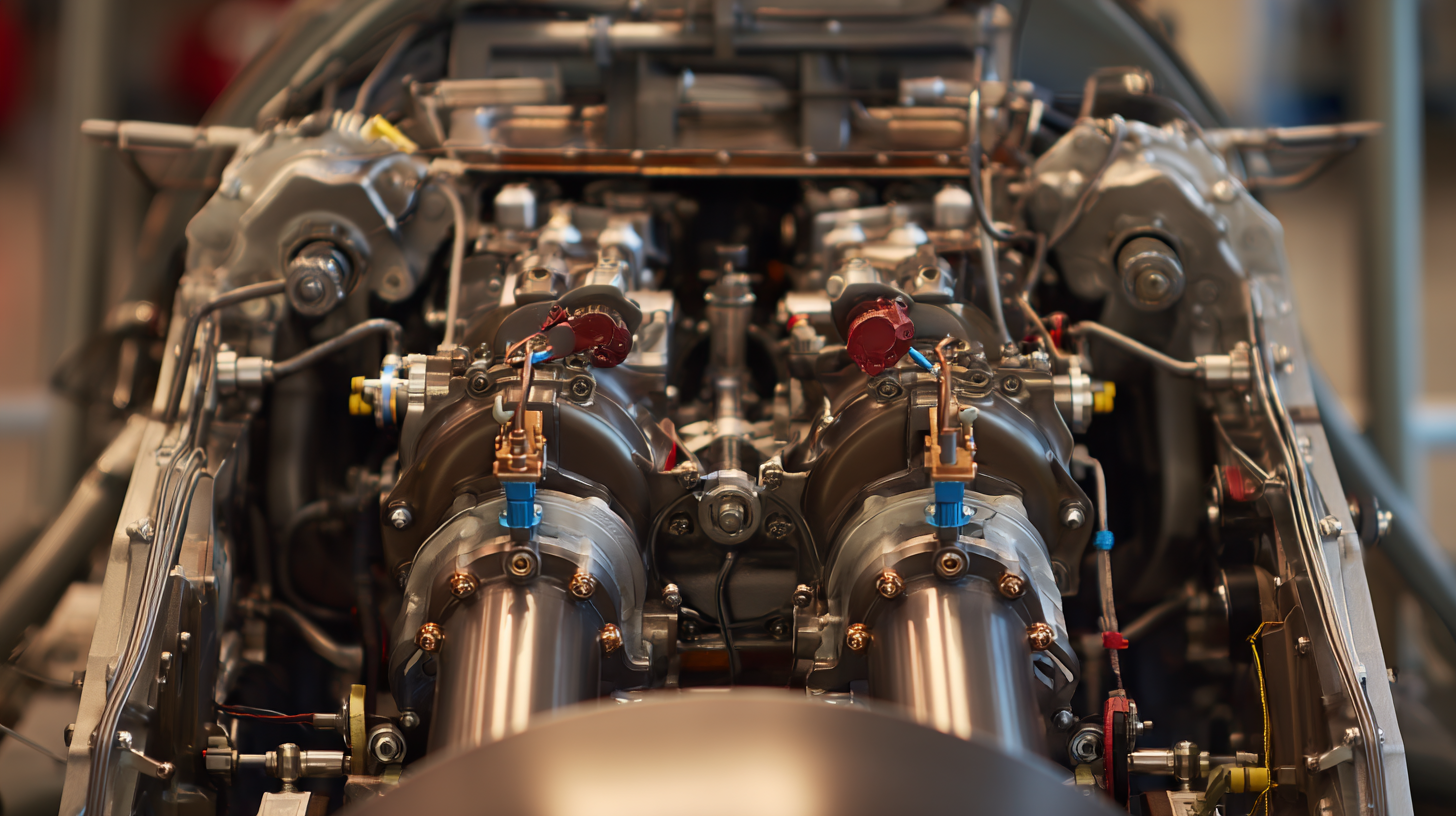
Moreover, the integration of alternative fuels and hybrid systems is driving a transformative shift in aviation fuel injection strategies. Research into biofuels and synthetic aviation fuels is leading to the design of injection systems that can accommodate a broader range of fuel types without compromising performance. These advancements will enable aircraft to achieve greater fuel efficiency while minimizing their carbon footprint, aligning with global sustainability goals.
As the industry continues to evolve, collaborative efforts among manufacturers, researchers, and regulatory bodies will be crucial in steering the future of fuel injection technology toward a more sustainable and efficient aviation ecosystem.
Related Posts
-
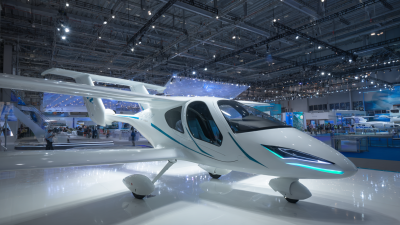
Exploring the Future of Fuel System Aviation at the 138th Canton Fair 2025
-
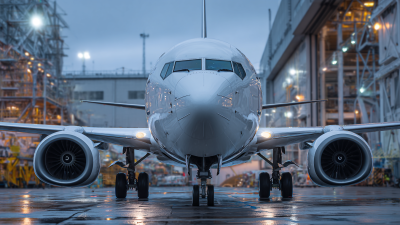
5 Best Solutions for Exceptional Aircraft Service Efficiency
-
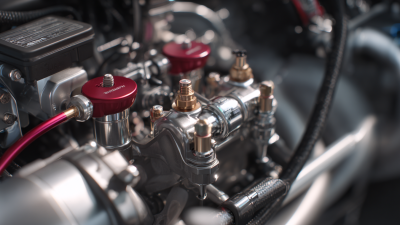
Revolutionizing Aviation: The Future of Fuel Injection Systems in Aircraft Design
-
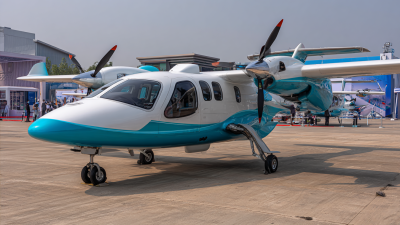
Fuel Injection Aircraft Innovations Showcased at the 138th Canton Fair 2025
-
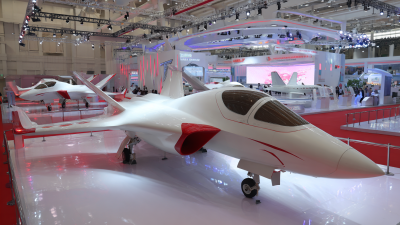
Innovative Aviation Kits Showcase Opportunities at the 2025 China Import and Export Fair
-
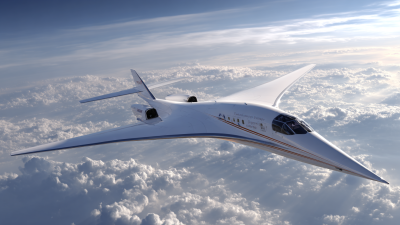
Exploring the Future of Fuel Injection Aircraft: Innovations and Advancements in Aviation Technology
